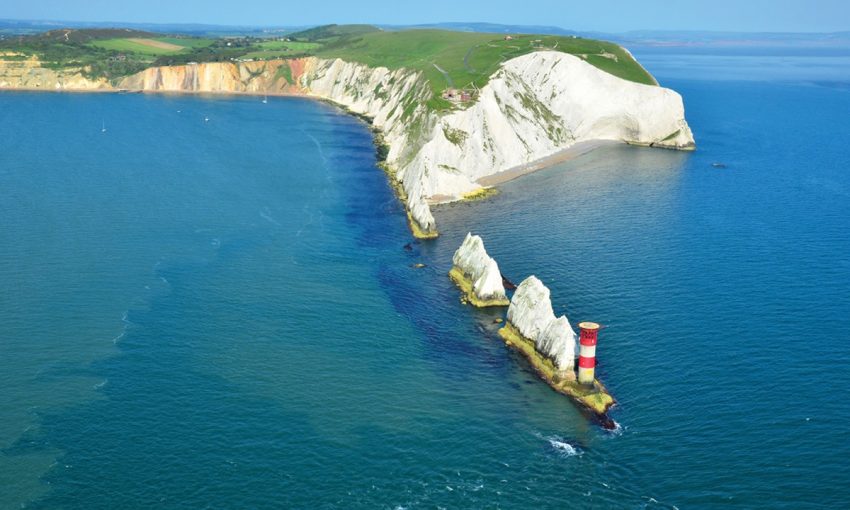It is a rare day indeed that the Commonwealth does not get its way over a state or territory once it puts its legal and financial mind to it.
So it was out of the ordinary this week for the Commonwealth to submit to South Australia’s efforts to block the national nuclear waste dump proposed near Woomera in that state’s far north. It was so out of the ordinary that you would have to conclude that the Commonwealth was not really trying. There is an election pending, and South Australia has too many marginal seats that might be affected by the Commonwealth forcing the issue on the dump. So why try when you can bow out gracefully on the moral high ground?
Even so, the power of the Commonwealth to acquire land in any of the six states is in such a hiatus that it would be perfectly reasonable for the Commonwealth to put the nuclear waste dump in the ACT. Shock. Horror.
It is worth revisiting last month’s Full Federal Court decision that led to the Commonwealth throwing in the towel.
The judge at first instance found for the Commonwealth, but the Full Court of three judges allowed South Australia’s appeal.
The history goes back to the mid 1980s. The Hawke Government and the states agreed that there should be a single national nuclear waste repository (a better word than “dump” because “dump” indicates throwing out and abandoning, whereas the nuclear repository will be constantly monitored and looked after).
Continue reading “2004_07_july_forum for saturday nuclear waste”
